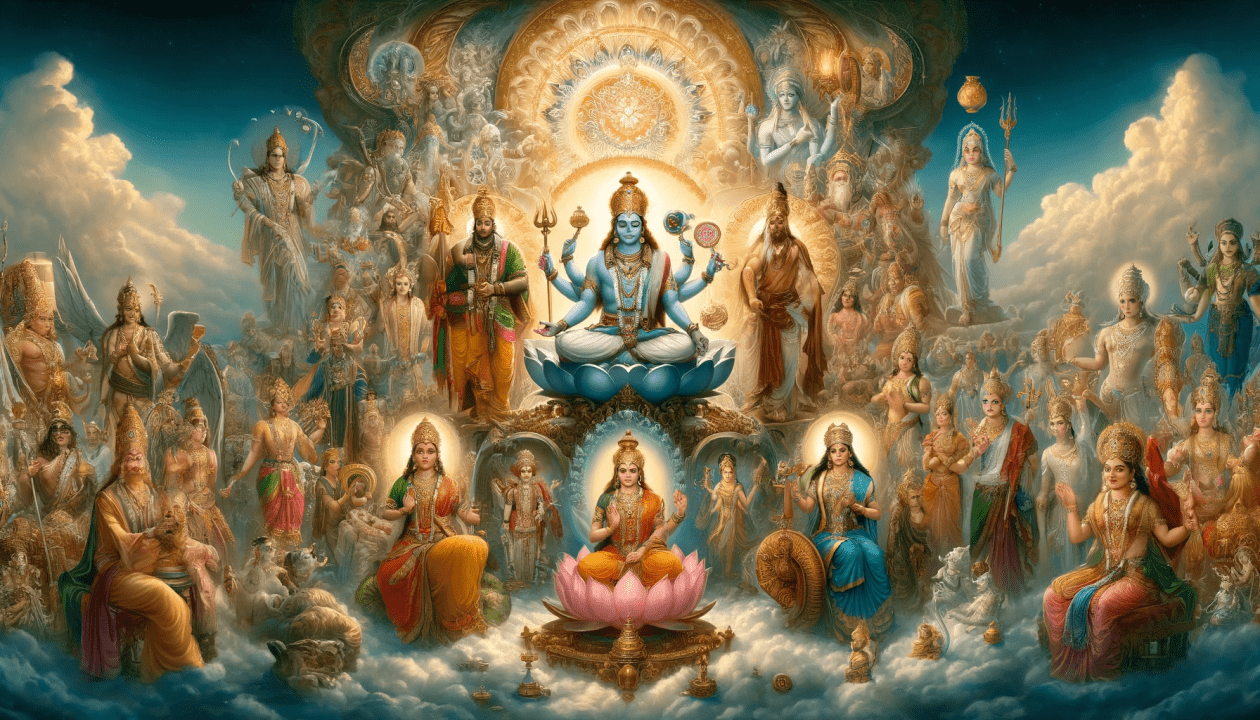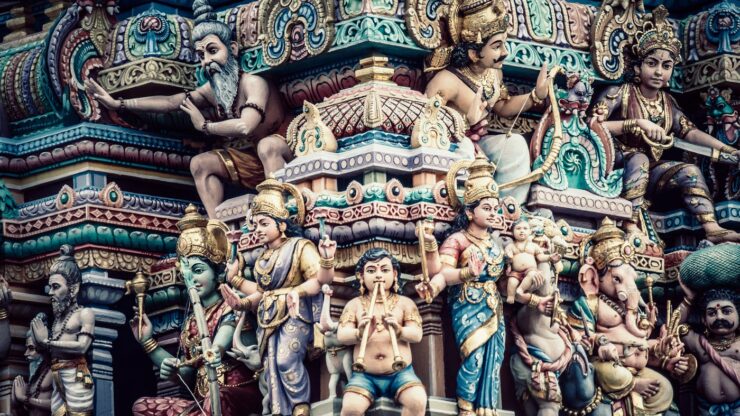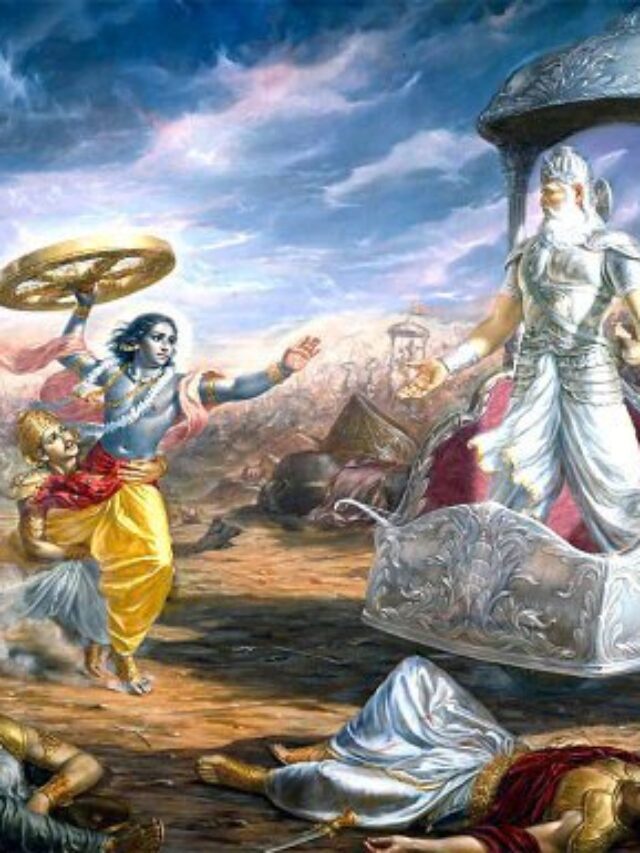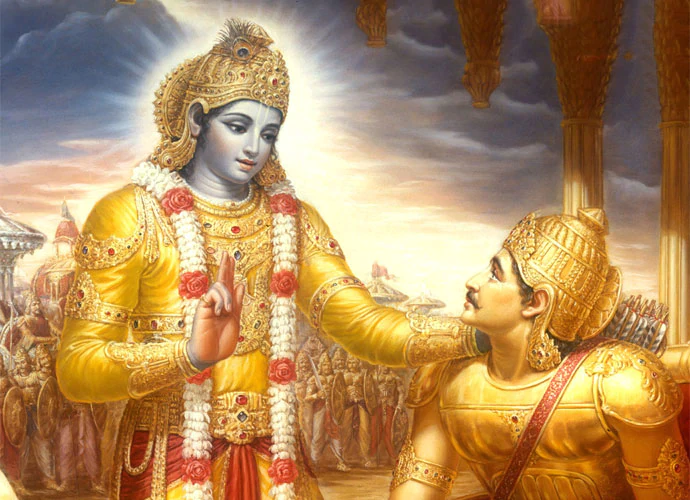
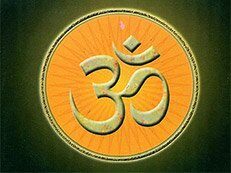
Hello and welcome! I’m so glad you’ve chosen to explore the fascinating world of Hindu philosophy with me. When we think about philosophy, it can often sound like a complex and abstract field, filled with long-winded debates and ancient texts. But Hindu philosophy is something quite different—it’s more about living and experiencing deep wisdom that connects us to the universe, to others, and most importantly, to our true selves.
Hindu philosophy has been around for thousands of years, and it’s rooted in the teachings and experiences of great sages, mystics, and thinkers. So, whether you’re new to these concepts or have been dabbling in them for a while, you’re in for a rich journey of discovery. In this blog post, we’re going to break down the essentials of Hindu philosophy in a way that’s practical, engaging, and easy to understand. We’ll cover some of the main ideas, explore how they can improve our daily lives, and I’ll share a few relatable experiences to help you connect with these teachings.
What is Hindu Philosophy?
Let’s begin by understanding what Hindu philosophy is all about. At its heart, Hindu philosophy isn’t just about thinking deeply—it’s about living in a way that honors both your divine nature and the world around you. It’s about understanding the universe, your place in it, and how to live harmoniously with both.
Unlike Western philosophies, which tend to focus more on the rational mind, Hindu philosophy includes practical paths that lead us toward spiritual growth. It’s a deeply spiritual and experiential system, blending thought, action, and meditation in a way that helps people live meaningful, fulfilling lives. And the beauty of Hindu philosophy lies in its diversity—there’s no one-size-fits-all approach. It invites you to find your path, in your own way
The Core Concepts of Hindu Philosophy
Now that we have a broad understanding, let’s dive deeper into some of the key ideas within Hindu philosophy. These concepts form the foundation of the teachings, and they can be incredibly transformative when applied to our everyday lives.
Brahman: The Ultimate Reality
At the center of Hindu philosophy is the idea of Brahman. Brahman is often described as the ultimate reality, the eternal essence that underlies and connects everything in the universe. It’s the source of all creation, and yet, it transcends all boundaries of time and space. Think of it like the ocean, and everything in the universe—including you—is like a wave on that ocean. The wave may appear separate, but it is ultimately the same water, the same essence, as the entire ocean.
Brahman is beyond words, beyond intellect, and beyond the physical realm. It’s a concept that invites us to think beyond the material world and helps us understand that everything we experience is part of a larger, interconnected reality.
Atman: The True Self
The next key concept is Atman, which refers to the true self. While the body and mind are temporary and ever-changing, the Atman is eternal. It is our inner essence, our soul, which remains unchanged through birth, life, death, and rebirth. In Hindu thought, realizing that the Atman is the same as Brahman—that the individual self is one with the universal self—is the ultimate goal of life.
This concept might seem abstract, but it can also be very empowering. Imagine living your life with the understanding that your true nature is limitless, beyond the physical world’s constraints. You are not just your thoughts or emotions; you are a divine being connected to everything.
Samsara: The Cycle of Life, Death, and Rebirth
Hindu philosophy teaches that life is cyclical. This cycle of birth, death, and rebirth is known as Samsara. Unlike the linear view of life often found in Western thought, Hindu philosophy sees life as an ongoing journey, where we experience many lifetimes. Each life is shaped by our actions (Karma) in previous lives.
The goal is to break free from the cycle of Samsara, which is where the concept of Moksha comes in. Moksha is liberation—freedom from the endless cycle of rebirth. It is achieved when we realize the oneness of Atman and Brahman, transcending all attachments and limitations.
Karma: The Law of Cause and Effect
Another central idea in Hindu philosophy is Karma, the law of cause and effect. The principle is simple: every action we take, whether positive or negative, creates an energy that will return to us in the future. This idea of Karma is a beautiful reminder that our choices matter, and that we are responsible for the energy we put out into the world.
The concept of Karma encourages mindfulness in every aspect of life. Whether you are helping a friend, acting with kindness to a stranger, or pursuing your passions, your actions create an energy that comes back to you. This creates a cycle of positive actions that contribute to your spiritual growth and happiness.
Dharma: Living According to Your Purpose
Another important teaching is Dharma. Dharma refers to the moral and ethical duties each person must fulfill in life. It’s about finding your purpose and living in a way that aligns with the values of truth, righteousness, and love. Dharma varies based on your stage of life, your role in society, and your unique talents, so it’s a personal path that each of us must discover.
Living in alignment with Dharma helps you feel at peace with yourself and the world. When you live in accordance with your true purpose, everything falls into place. You experience a deep sense of fulfillment, knowing you’re contributing something meaningful to the world.
Applying Hindu Philosophy to Everyday Life
So, how can we apply these profound ideas to our daily lives? It’s one thing to understand these teachings on a philosophical level, but it’s quite another to live them. The beauty of Hindu philosophy is that it’s not just about intellectual understanding; it’s about embodying these principles in a way that brings peace and wisdom into our everyday existence.Here are a few practical ways you can integrate these teachings into your life:
Practice Self-Reflection
The idea of Atman, or the true self, encourages us to look beyond our surface-level identity and connect with our deeper essence. Regular self-reflection, through meditation or journaling, can help us understand who we truly are and align with our deeper purpose.
Practical Tip: Spend 10 minutes every morning or evening sitting in quiet reflection. Ask yourself, “What is my true nature?” Let go of any superficial labels or identities and simply connect with the essence of who you are beyond the material world.
Act with Mindfulness
Karma teaches us that our actions have consequences. By acting with mindfulness, we begin to make conscious choices that contribute to our spiritual growth and bring positivity into our lives. Every action, whether it’s a smile to a stranger or a thoughtful decision at work, creates energy that impacts our future.
Practical Tip: Before making any decision, big or small, take a moment to check in with your intentions. Are they aligned with kindness, honesty, and love? When you act mindfully, you create positive karma and cultivate peace.
Embrace Your Dharma
Living in alignment with your Dharma means following your heart and fulfilling your unique role in the world. Everyone has a different Dharma, and it’s up to you to figure out what your true calling is.
Practical Tip: Reflect on what excites and fulfills you. What are your passions and talents? Are there areas in your life where you feel called to serve or make a difference? Embrace those moments, and start taking steps toward fulfilling your Dharma.
Let Go of Attachment
The teachings of detachment in Hindu philosophy remind us that attachment to material possessions, people, or outcomes causes suffering. Life is fleeting, and letting go of our attachments can lead to greater peace and freedom.
Practical Tip: The next time you find yourself holding on too tightly to something or someone, pause and take a deep breath. Remind yourself that nothing is permanent. Embrace change, and focus on enjoying the present moment without attachment to outcomes.
Conclusion: A Path to Peace and Freedom
Hindu philosophy isn’t just a collection of abstract ideas—it’s a rich, living tradition that offers practical tools for living a meaningful, peaceful life. It helps us reconnect with our true selves, act with intention, and live in harmony with the universe.
As you explore these teachings, remember that the journey is just as important as the destination. Hindu philosophy invites us to approach life with curiosity, humility, and an open heart. By living in alignment with the principles of Brahman, Atman, Karma, Dharma, and Moksha, we can cultivate inner peace, wisdom, and a deep sense of connection to all of life.
I hope this exploration of Hindu philosophy has sparked something within you—whether it’s a new way of thinking, a new practice to try, or simply a reminder to live with more mindfulness and compassion. Thank you for taking the time to embark on this journey with me. May your path be filled with peace, purpose, and divine wisdom.
Happy exploring! 🌸

